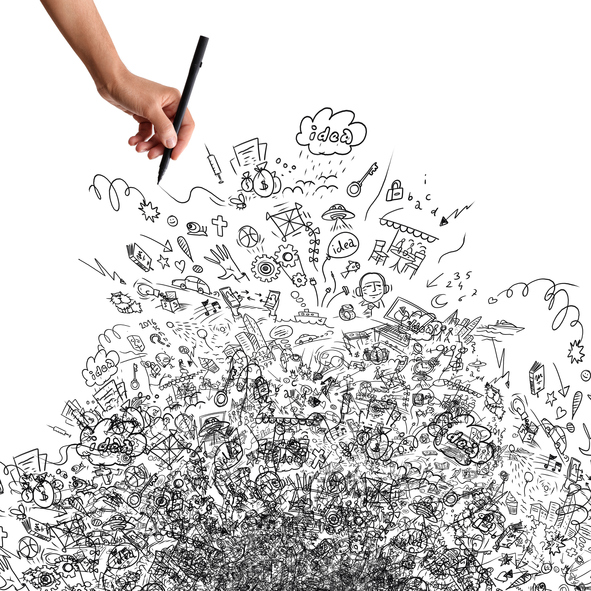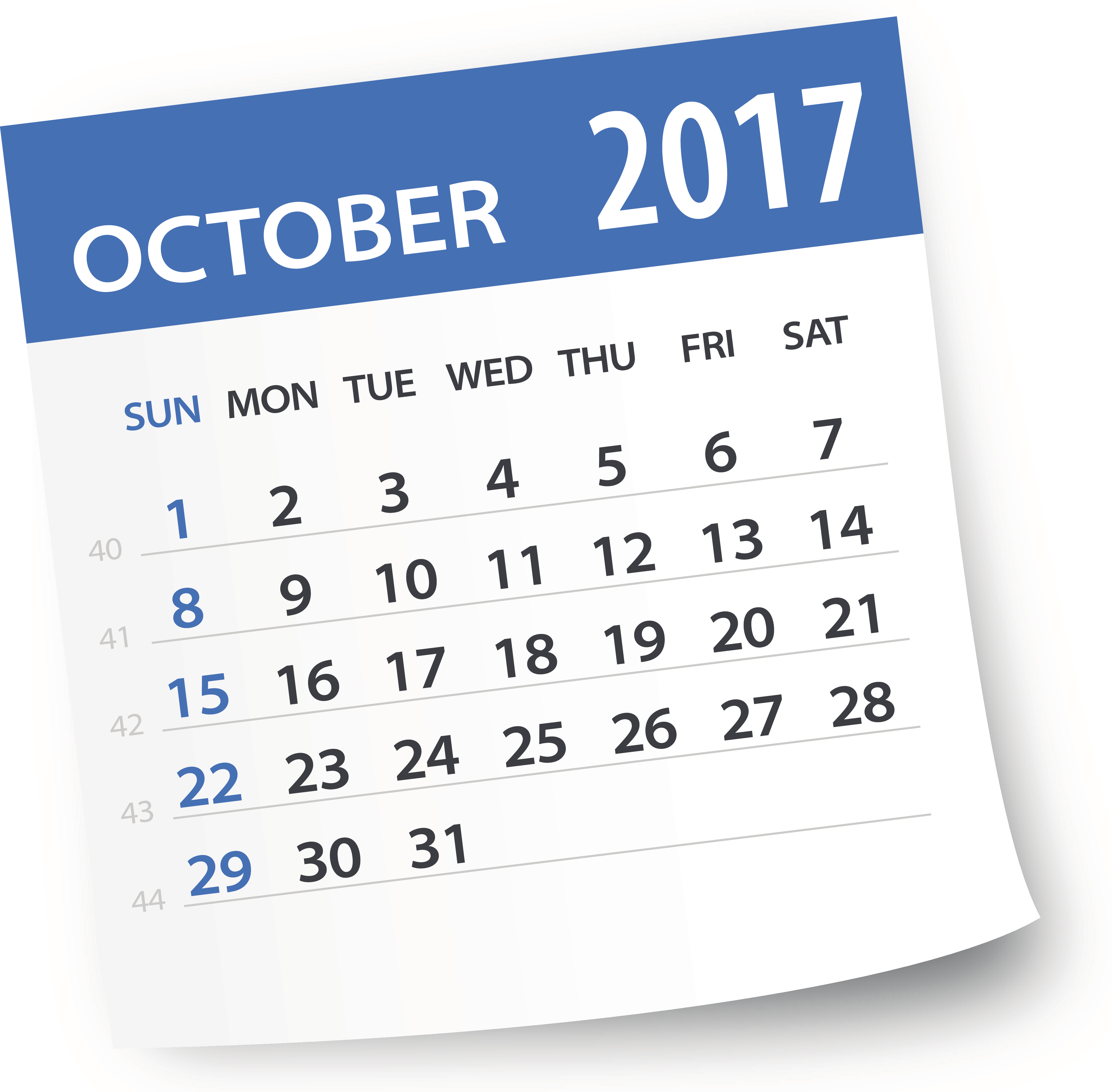Are you a doodler? If you are, then you know how much your concentration and focus are improved while you doodle. If you aren’t a doodler, you just might not understand. Look up the term in a dictionary and you will find several similar definitions: wasting time in aimless or foolish activity, killing time, or drawing while bored. These definitions couldn’t be further from the truth. We receive questions at JAN from employees who say that doodling helps them stay focused and remember more from meetings, while their employers think that doodling is a sign of boredom, inattention, or preoccupation with something else.
Full disclosure — I am a doodler so I know its power. Now we have more than the word of those who understand and experience its potential — we have research that confirms what we doodlers have known all along.
In a nutshell, here is what was noted in this study. Forty participants monitored a monotonous mock telephone message for the names of people coming to a party. Half of the group was randomly assigned to a ‘doodling’ condition where they shaded printed shapes while listening to the telephone call. When given a surprise memory test, the doodling group performed better on the monitoring task and recalled 29% more information.
Unlike many multi-tasking situations, doodling while working can be beneficial. Doodling can help thoughts come together, solidify ideas, sustain attention, process information, and ease tension. That is a big benefit for some aimless scribbling, isn’t it? Are you wondering what it is that people doodle? Doodles take many forms, from abstract patterns or designs to images of objects, landscapes, people, or faces. Some people doodle by retracing words or letters, even writing a name over and over.
Questions from JAN callers have included “Can I be allowed to doodle as an accommodation?” and “Can my employer really stop me from doodling?” The answer to that would be to look at what is effective for each individual. If doodling truly does provide benefits to the employee such as increasing attention, focus, and information processing, why would the employer want it to stop? If a coworker can take notes of a meeting to distribute to all employees, then the employee who needs to doodle gets an effective double bonus. She gets to doodle and increase her attention, focus, and concentration, and receive the written notes as a back-up. While doodling may not be appropriate in every situation, it might be prudent to seriously consider the benefits for employees who claim its advantages.
Citation:
Andrade, J. (2010), What does doodling do?. Appl. Cognit. Psychol., 24: 100–106. doi: 10.1002/acp.1561












